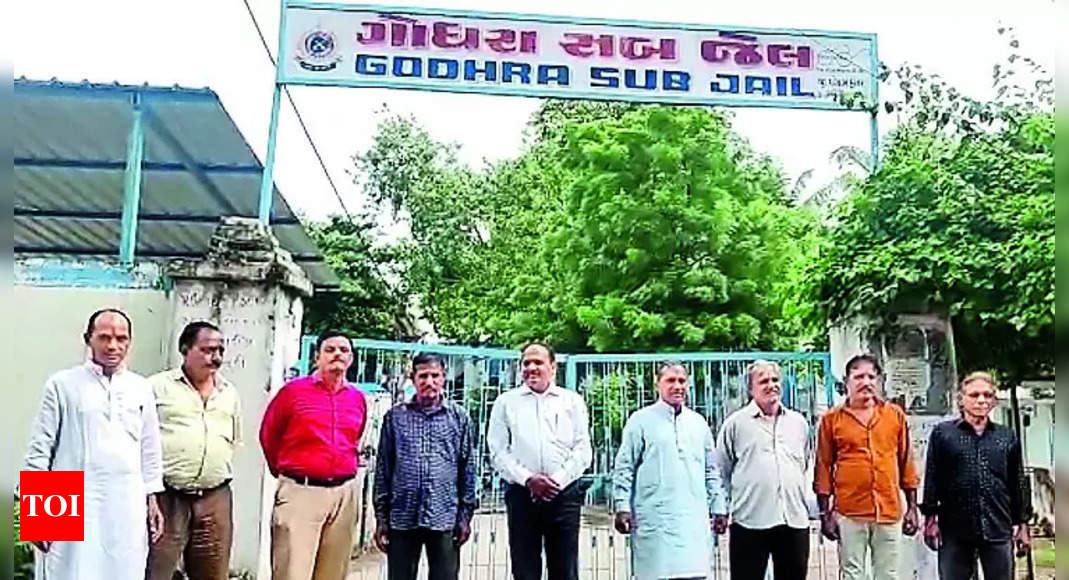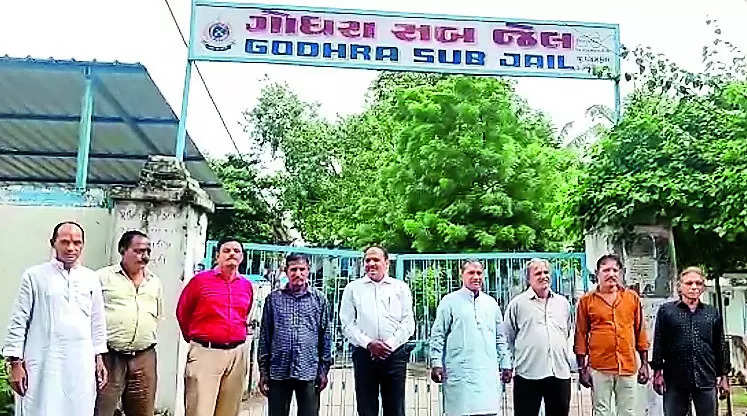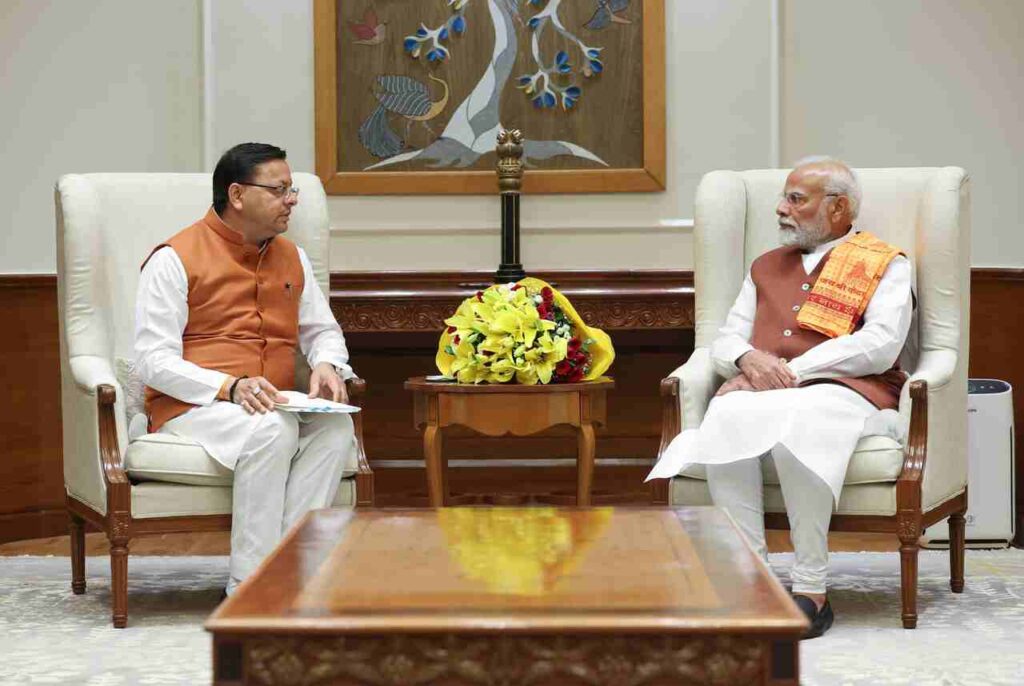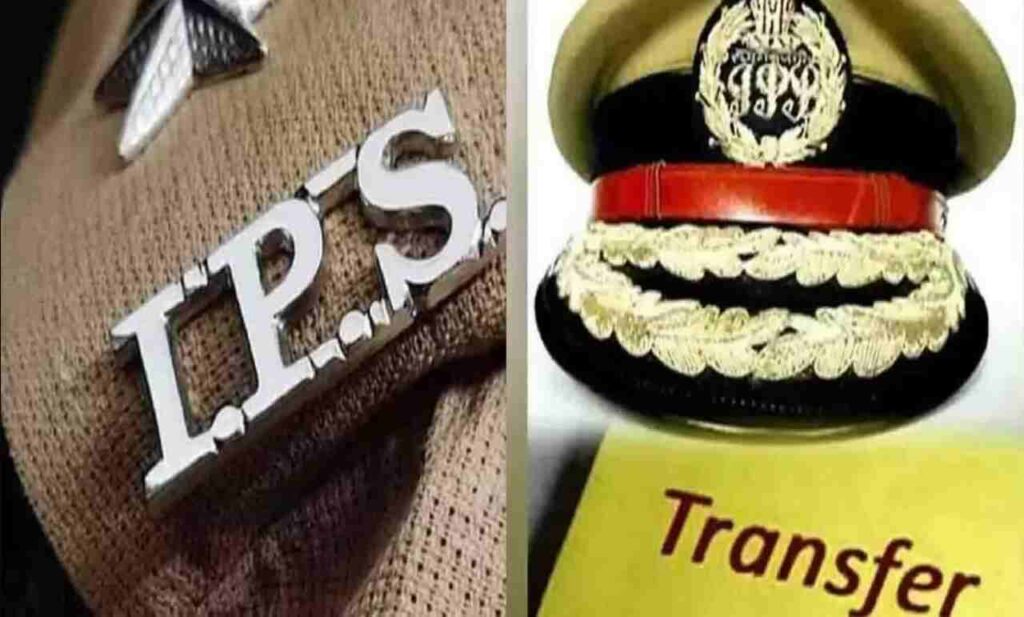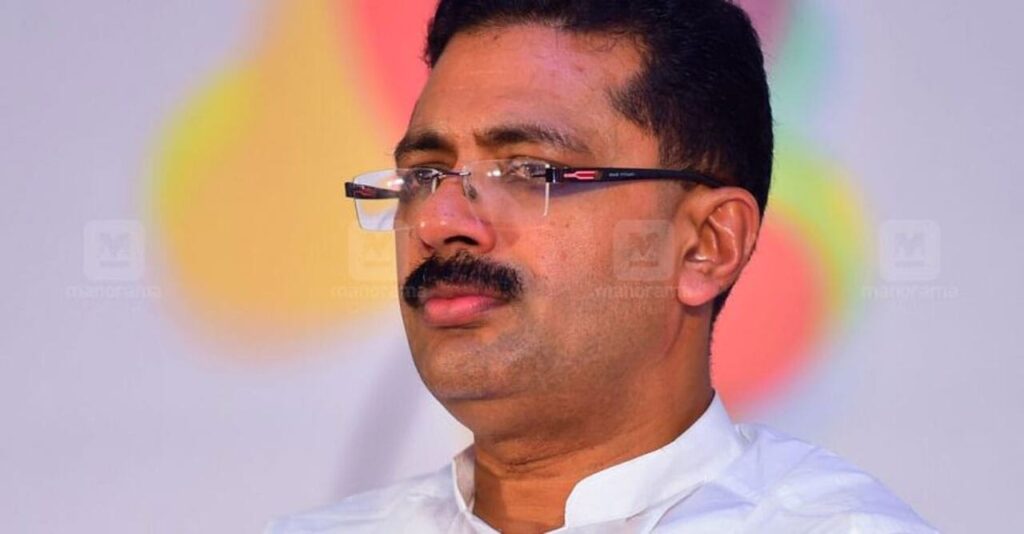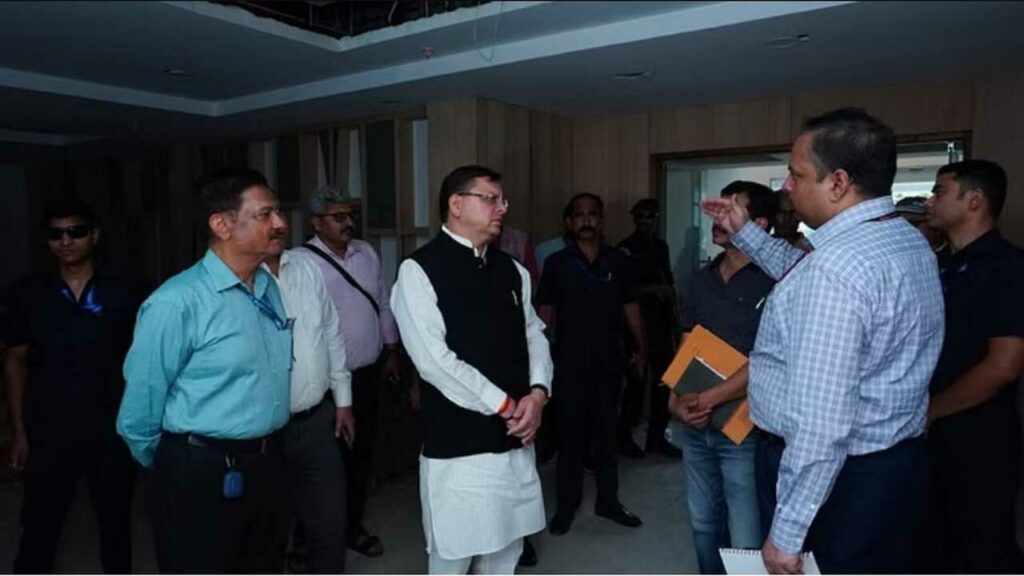NEW DELHI: The Supreme Court on Friday dismissed the request for an extension of time to surrender by the 11 convicts in the Bilkis Bano case. The apex court ruled that the reasons provided by the convicts for seeking more time were without merit. Consequently, they are required to surrender by Sunday, in line with the court’s earlier direction.
Previously, nine out of the 11 convicts had approached the Supreme Court, asking for an extension, citing medical issues and family responsibilities. After deliberation, the court, subject to the Chief Justice of India’s approval, had agreed to hear their pleas. However, upon examination of the reasons cited by the convicts, the court found them lacking in substance.
One of the convicts, PR Modhiya, had mentioned undergoing lung surgery and the need for regular medical consultations. Another convict, Govindhbhai Nai, had requested additional time due to recent angiography and an upcoming operation for “haemorrhoids.” Additionally, Modhiya’s plea highlighted the recent death of his wife and the need to complete departmental procedures related to her service benefits.
Despite these arguments, the court deemed the reasons cited as insufficient to warrant an extension. Other convicts who sought similar relief included Bipin Chandra Joshi, Ramesh Chandana, and Mitesh Bhatt.
This decision follows the Supreme Court’s January 8 ruling, which invalidated the Gujarat government’s decision to grant remission to these 11 convicts. The individuals were convicted for their roles in the gang-rape of Bilkis Bano and the murder of 14 of her family members during the 2002 communal riots. The court had directed them to surrender, overturning their release after a year and a half of liberty.
In its judgment, the bench of Justices Nagarathna and Ujjal Bhuyan not only criticized the Gujarat government’s decision but also questioned the 2022 Supreme Court order that initiated the remission process. The court pointed out that the state’s actions, though based on the Supreme Court’s directions, contradicted the letter and spirit of the law.
With this latest ruling, the Supreme Court has reinforced its commitment to ensuring justice in the Bilkis Bano case, a matter of significant public and legal interest.
Previously, nine out of the 11 convicts had approached the Supreme Court, asking for an extension, citing medical issues and family responsibilities. After deliberation, the court, subject to the Chief Justice of India’s approval, had agreed to hear their pleas. However, upon examination of the reasons cited by the convicts, the court found them lacking in substance.
One of the convicts, PR Modhiya, had mentioned undergoing lung surgery and the need for regular medical consultations. Another convict, Govindhbhai Nai, had requested additional time due to recent angiography and an upcoming operation for “haemorrhoids.” Additionally, Modhiya’s plea highlighted the recent death of his wife and the need to complete departmental procedures related to her service benefits.
Despite these arguments, the court deemed the reasons cited as insufficient to warrant an extension. Other convicts who sought similar relief included Bipin Chandra Joshi, Ramesh Chandana, and Mitesh Bhatt.
This decision follows the Supreme Court’s January 8 ruling, which invalidated the Gujarat government’s decision to grant remission to these 11 convicts. The individuals were convicted for their roles in the gang-rape of Bilkis Bano and the murder of 14 of her family members during the 2002 communal riots. The court had directed them to surrender, overturning their release after a year and a half of liberty.
In its judgment, the bench of Justices Nagarathna and Ujjal Bhuyan not only criticized the Gujarat government’s decision but also questioned the 2022 Supreme Court order that initiated the remission process. The court pointed out that the state’s actions, though based on the Supreme Court’s directions, contradicted the letter and spirit of the law.
With this latest ruling, the Supreme Court has reinforced its commitment to ensuring justice in the Bilkis Bano case, a matter of significant public and legal interest.


